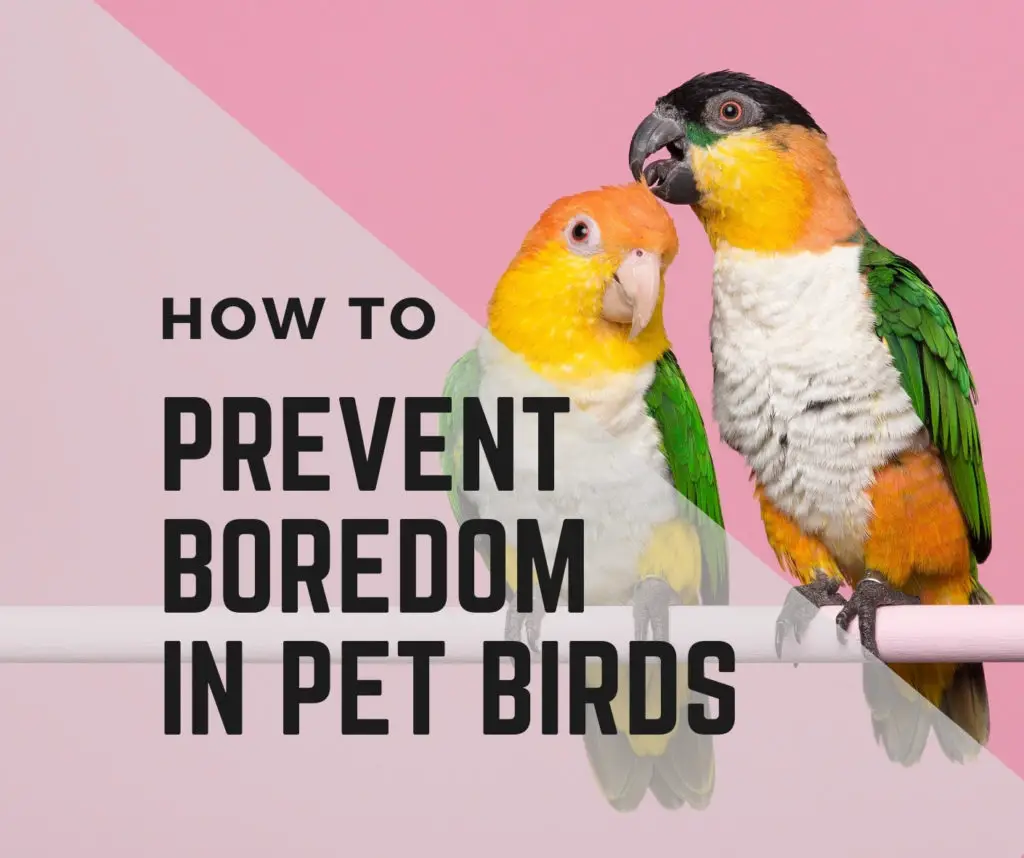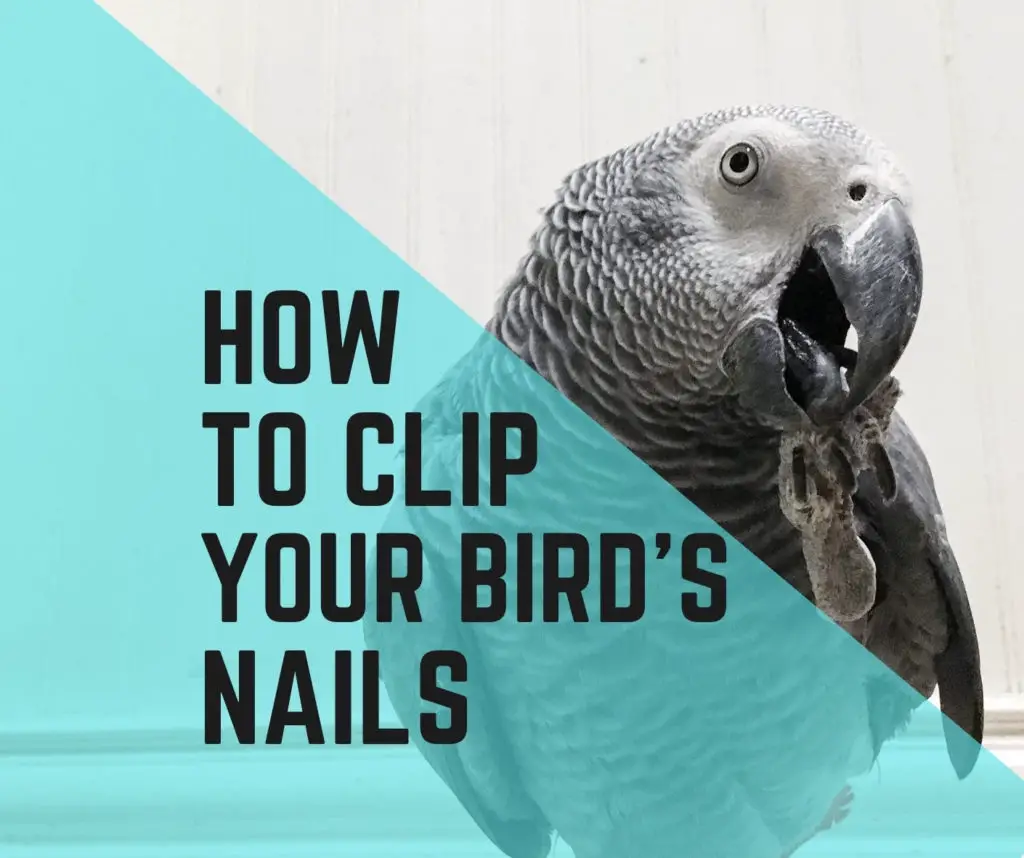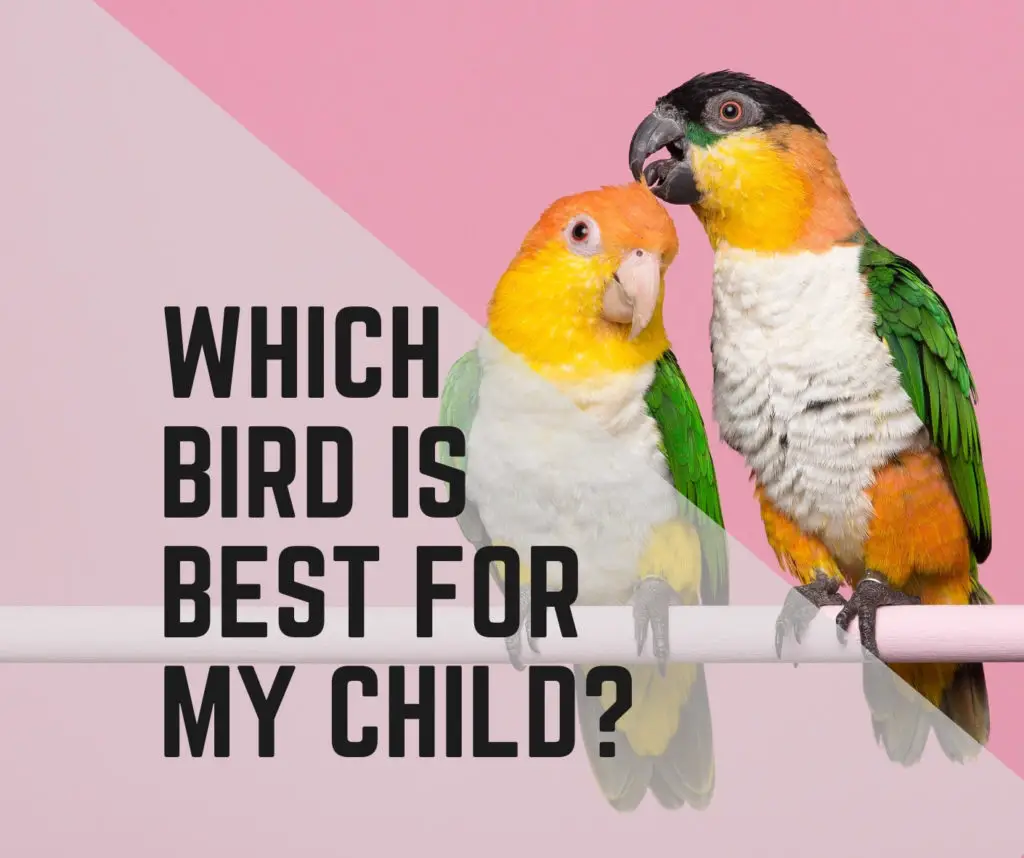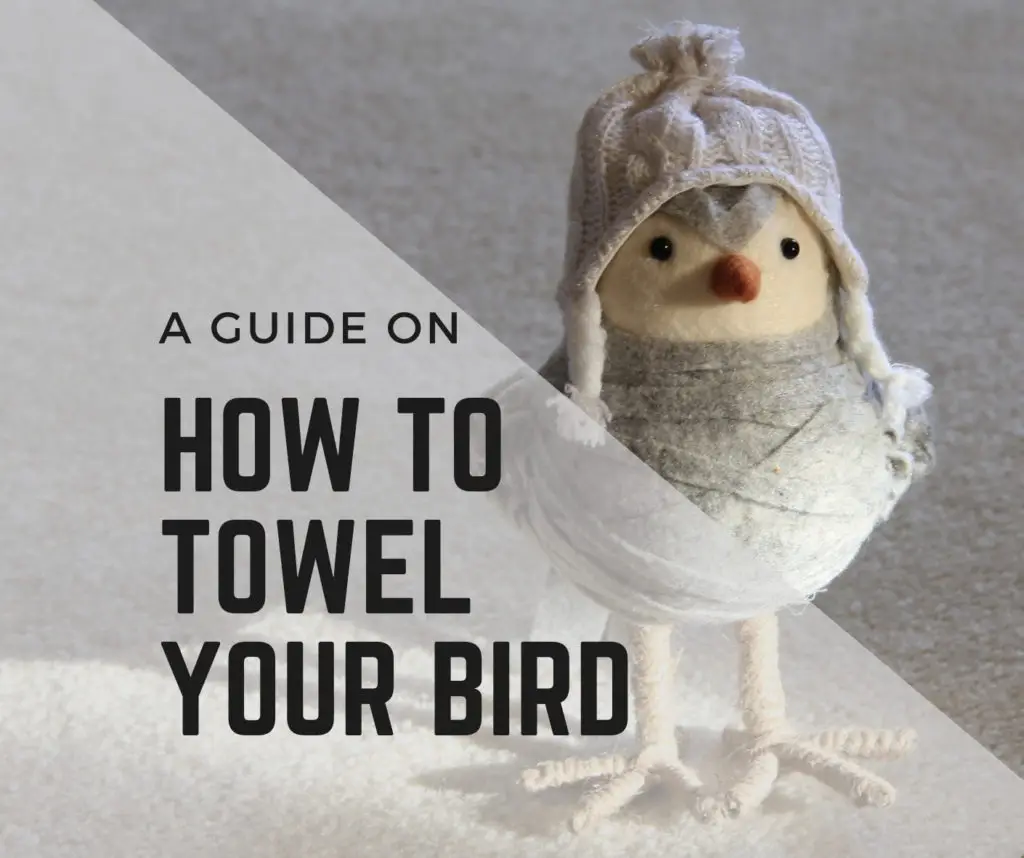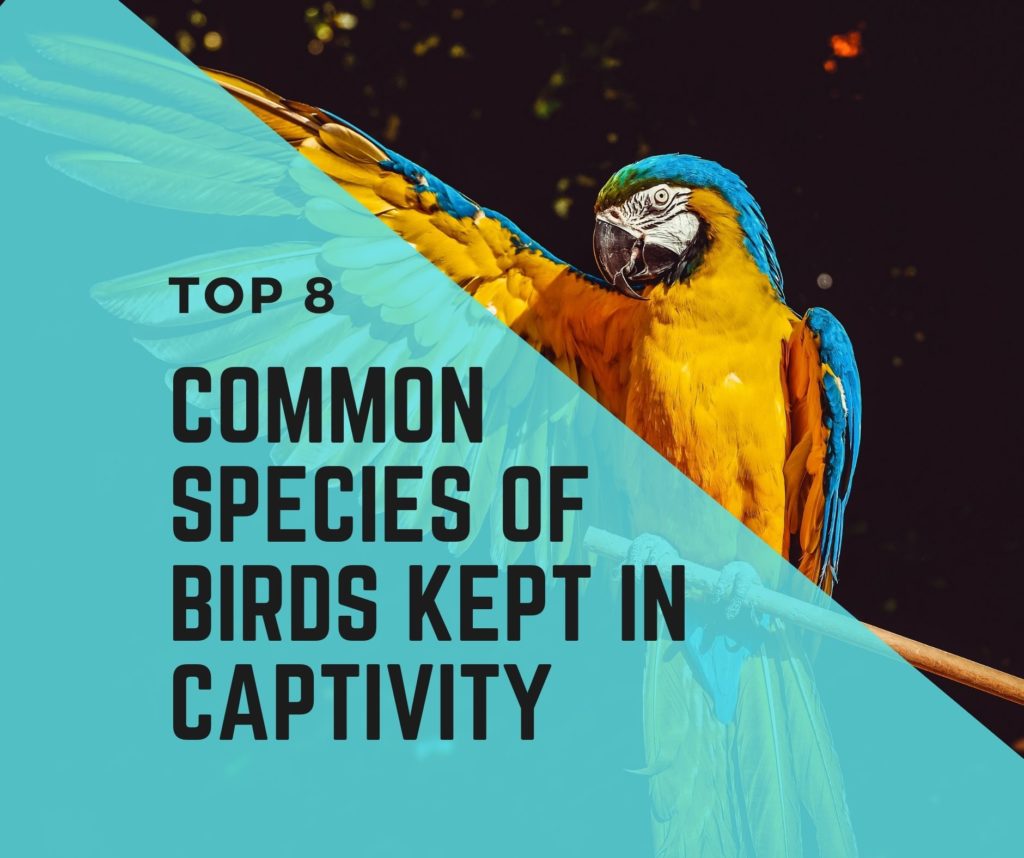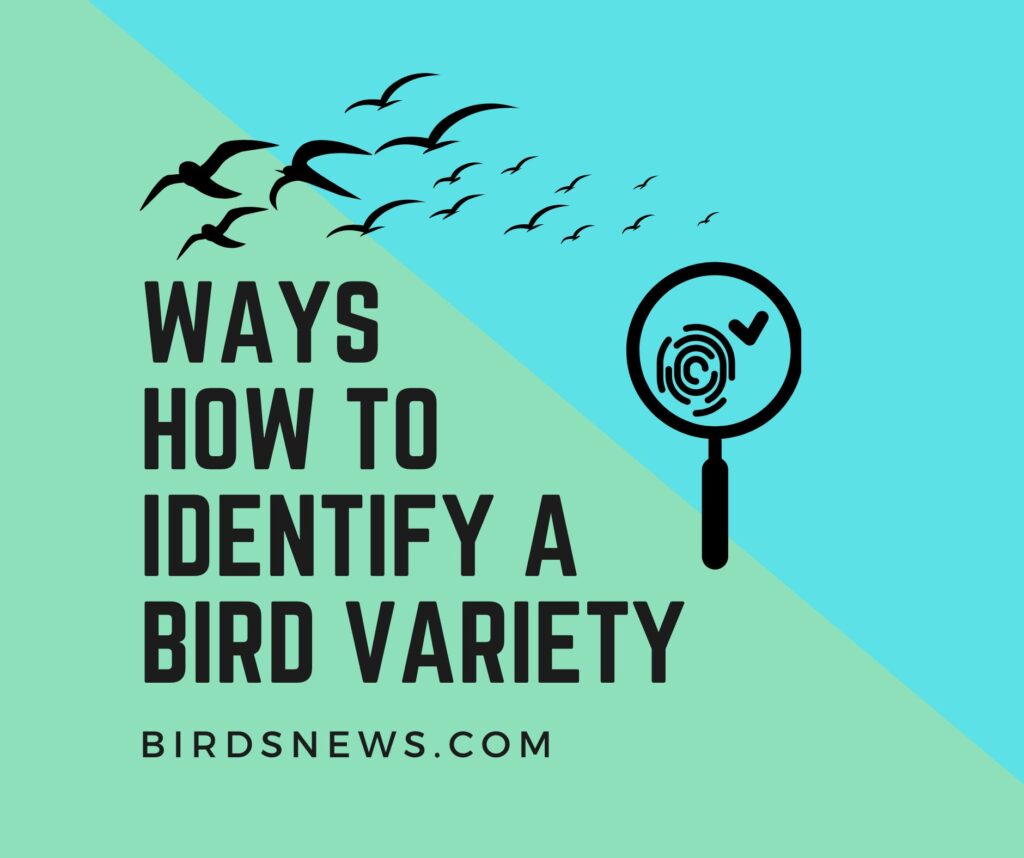How To Keep Your Bird From Getting Bored?
A bored bird is an unhappy bird. Parrots are very intelligent and they are hard-wired for lots of stimulation.
Wild parrots are extremely active. We need to do what we can as their caretakers to provide a stimulating environment that they can thrive in, or else we run the risk of our birds developing troublesome behavioral problems.
10 ways to avoid birds boredom
Provide a variety of toys both inside and outside the cage.
- Use wooden toys,
- rope toys,
- acrylic toys,
- puzzle toys,
- foot toys (toys the bird can hold in her foot to play with),
- and toys that can be shredded.
Rotate the toys regularly so that the toys always seem fresh and new to your bird.
If your bird is bonded give her lots of out-of-cage time.
At least 2-3 hours a day is required. Most birds would prefer much more time out of their cages with their flock.
If you’re not able to dedicate sufficient time for your bird,
consider adopting another bird who could provide that intense social interaction that birds need.
Not all birds will bond, though, so keep that in mind if you consider this idea.
Keep your bird’s cage in an active area like a family room.
Don’t keep the cage in a child’s bedroom or the kitchen (where there are too many dangerous fumes).
Keeping her in a busy room will help your bird to feel more a part of your family flock.
Keep play stands aside and let the bird move around freely.
Tabletop and free-standing play areas are great because you can bring your bird with you around the house.
The only place you should not bring your bird is the kitchen,
due to the potential danger to your bird from fumes and pots on the stove.
House your bird in a large cage or aviary.
If your bird lives in a cramped cage, she will feel very restricted and unable to expend all of her extra energy.
Cages should be large enough to allow full movement of the wings.
Your bird should be able to climb around easily without bumping into toys or food dishes.
Let your bird safely fly in a supervised space.
Flying in the home can be quite dangerous, but if it’s done right, it will be extremely beneficial to your bird.
Take care to close all doors and cover all windows, turn off any ceiling fans,
make sure the room is bright and there are no other pets around.
Flying provides birds with lots of physical exercises and makes nervous birds more confident.
Provide a varied and healthy diet.
Feeding nothing but pellets is boring! Feed a lot of healthy vegetables, grains, legumes, and some fruit.
Change it up! In the wild, parrots will eat whatever is available, and depending on the season, that often changes every few months.
Keep your bird’s diet new and interesting.
Teach your bird some tricks!
Using some simple training techniques you can engage your bird in learning some fun tricks.
Not all birds will learn tricks, though, so don’t be too disappointed if your bird prefers to do his own thing.
Take your bird places with you.
Introduce her to new people and new environments. Just take care that any birds she might come into contact with are healthy.
Don’t take your bird into pet stores. By introducing her to new people, you may help her from becoming a one-person bird.
Birds who are accepting of strangers often fare better long-term than birds who are scared of new people.
Shower with your bird!
Taking your bird into the shower with you, by using a shower perch that attaches to the wall, is great stimulation for your bird.
Not all birds take to showering, but with some time and patience,
it can become a wonderful treat for your bird that also helps to improve her feather health.
Bathing also helps to expend a lot of pent-up energy!
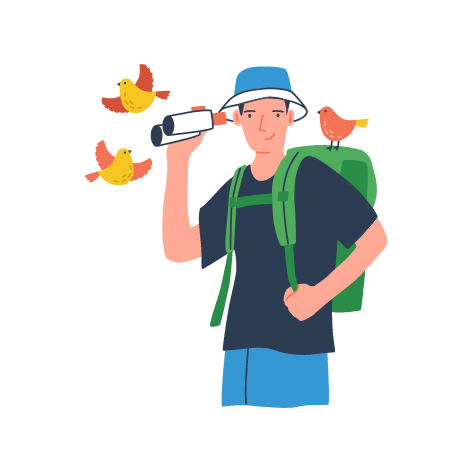
Hi, There and Welcome to BirdsNews.com, is here to help you learn and care about pet birds. and this blog is a journal of everything I’ve learned.

